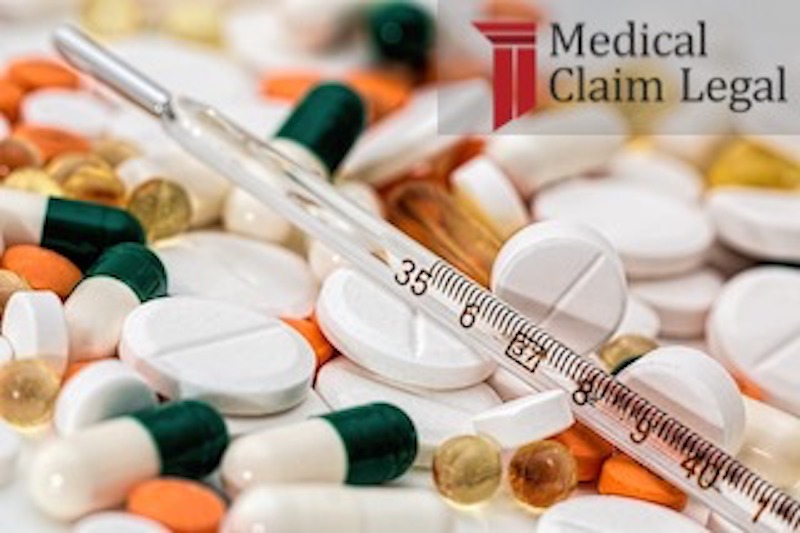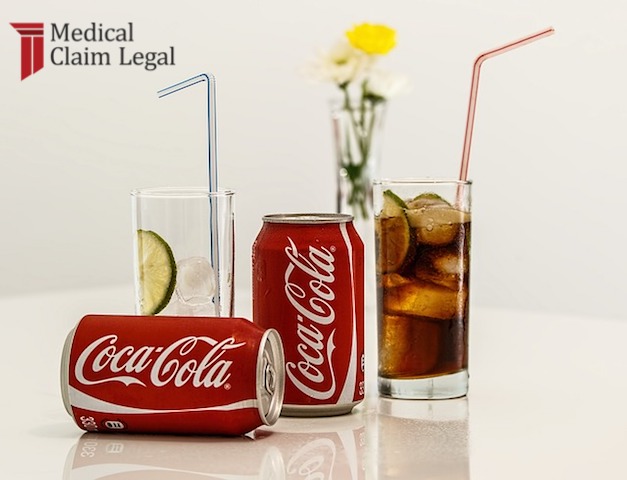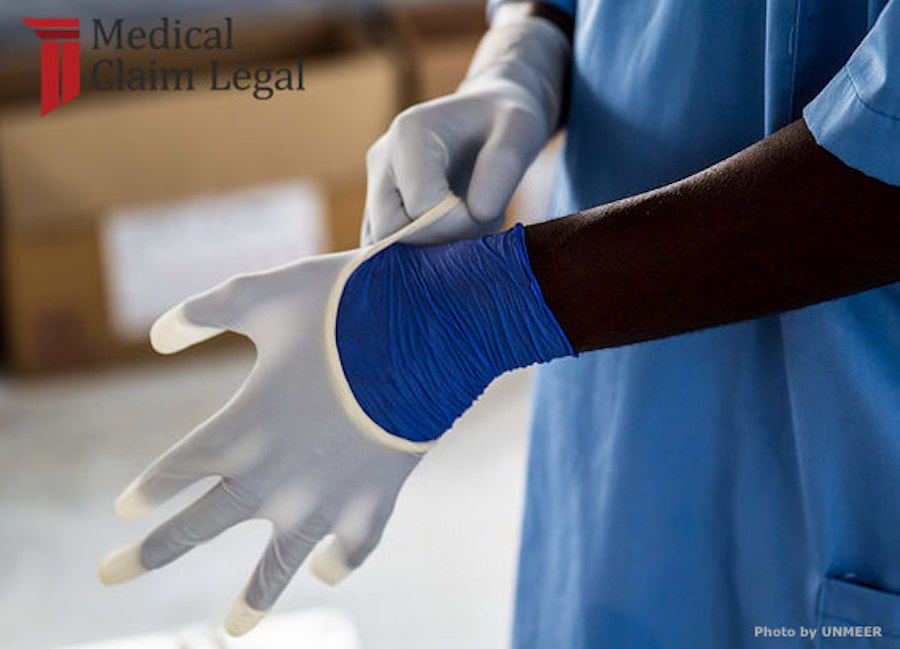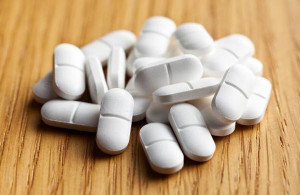Lupron was injected in thousands of women in an effort to inhibit puberty or increase height.
More than 10,000 adverse event reports have been filed with the FDA based on the experiences of women who’ve taken Lupron. The reports describe a variety of symptoms experienced by those who took the drug to grow taller or delay puberty. ![]()
Lupron, currently manufactured by AbbVie, is an injection designed to reduce testosterone in men or estrogen in women. The drug is also approved for use by men with prostate cancer.
The experiences of the women that used the drugs are varied but complex. Many women reported experiencing symptoms and conditions linked to older, even elderly people. According to the FDA reports:
A 20-year-old was diagnosed with osteopenia, a thinning of the bones. A 26-year-old in Massachusetts needed a total hip replacement. One 25-year-old woman from Pennsylvania has osteoporosis and a cracked spine. In Wisconsin, another woman in her 20’s has chronic pain and degenerative disc disease.
Other women described depression and anxiety.
Additionally, the FDA is reviewing deadly seizures caused by the use of Lupron and similar drugs.
The drug has had success in the marketplace. In 2015, the drug-maker reportedly brought in $826 million in sales.











